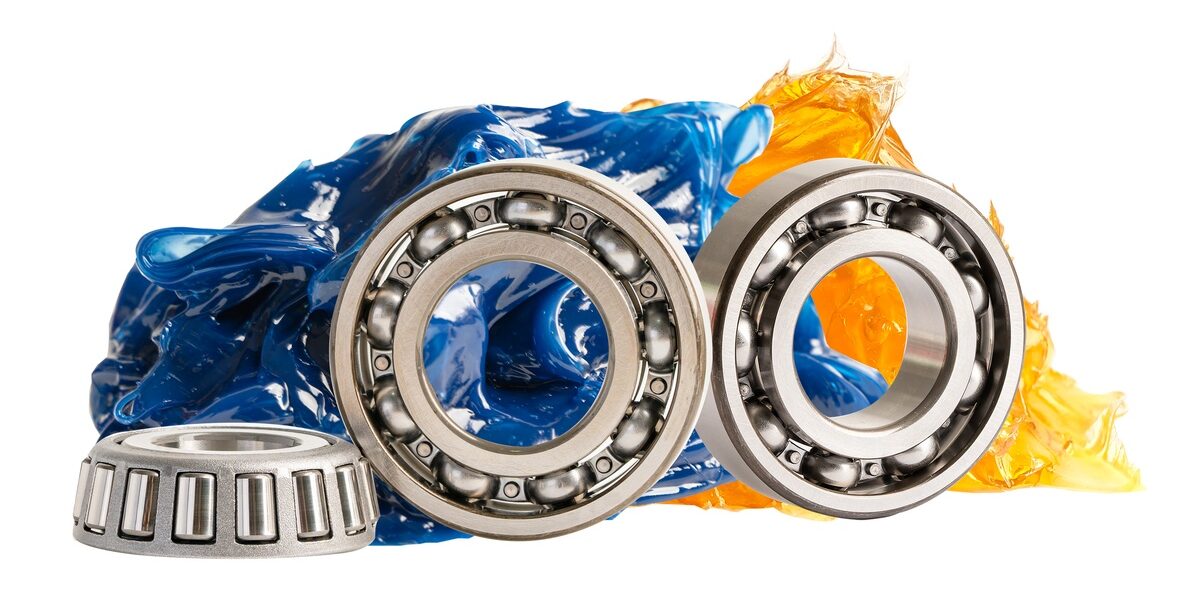Chemicals in the automotive industry support manufacturing, performance enhancement, and operation. With this overview of common chemicals used in the automotive industry, you can better understand their applications.
1. Polyurethane
Polyurethane is useful for creating lightweight automotive parts and providing interior comfort. It is a crucial component in car seats, dashboards, door panels, and bumpers. Additionally, its application as an adhesive and coating ensures durability against wear, offering protection for interiors and exteriors.
2. Phenol Sulfonic Acid
Phenol sulfonic acid has broad applications within automotive production. It’s invaluable in resin synthesis and coating formulations. It acts as a catalyst and a curing agent in various chemical processes, such as the production of phenolic resins in brake pads and bonded abrasive products. These applications contribute to improved heat resistance and mechanical performance in braking systems. Phenol sulfonic acid from Capital Resin Corporation meets the high standards of the automotive industry.
3. Adhesives and Sealants
Adhesives and sealants are indispensable in modern vehicle assembly, especially as manufacturers shift toward using lightweight aluminum and composites. These substances bond components securely and reduce the need for mechanical fasteners. They also provide vital protection by preventing air, water, and dust infiltration, boosting durability across vehicle structures.
4. Solvents
Solvents are another type of commonly used chemical in the automotive industry. They’re particularly essential for cleaning and paint applications. Acetone and toluene are effective at removing grease, contaminants, and residues from surfaces.
5. Plastics and Polymers
Automotive manufacturers use polypropylene, polyethylene, and polyvinyl chloride (PVC) because they are ideal for dashboards, trim pieces, and panels. Plus, they align with sustainability initiatives and improve fuel efficiency by reducing vehicle weight.
6. Lubricants
Oils, greases, and hydraulic fluids are critical for optimal vehicle performance. By reducing friction and wear in engines, transmissions, and other mechanical systems, lubricants maintain efficiency and extend the lifespan of components. Modern lubricants may include additives that bolster heat resistance and stability under extreme conditions.
7. Coolants
Coolants support engine operation by regulating temperature and protecting against overheating or freezing. Typically formulated with a mix of ethylene glycol or propylene glycol, they also prevent corrosion and scaling in the cooling system over time.
8. Fuel Additives
Fuel additives optimize fuel performance and reduce emissions. Varieties include detergents to clean fuel systems and corrosion inhibitors to protect internal engine surfaces.
9. Rubber Compounds
Synthetic rubber compounds are essential for producing tires, seals, and gaskets. Styrene-butadiene rubber and ethylene propylene diene monomer offer excellent flexibility, strength, and resistance to high temperatures. Their application ensures long-lasting reliability in automotive tires.
Chemicals Producers Can Count On
These different chemicals embody the innovation and precision of the automotive industry. Each material enhances production processes, improves vehicle durability, and meets modern performance standards, demonstrating why they’re necessary to automotive advancements.







